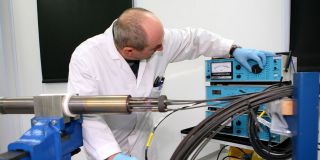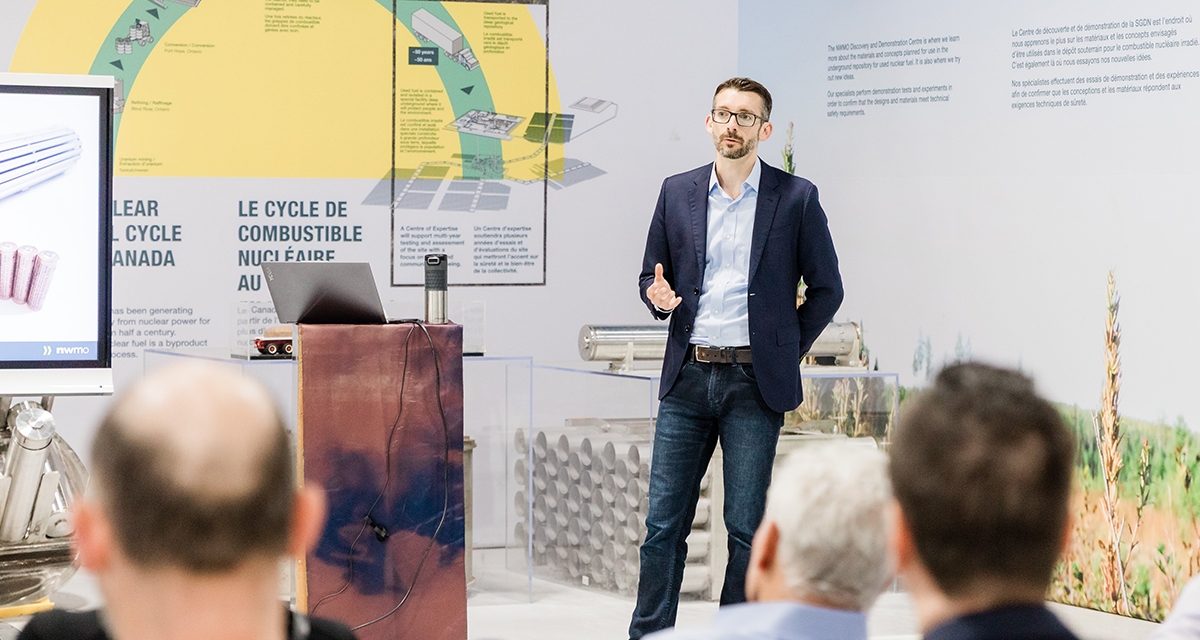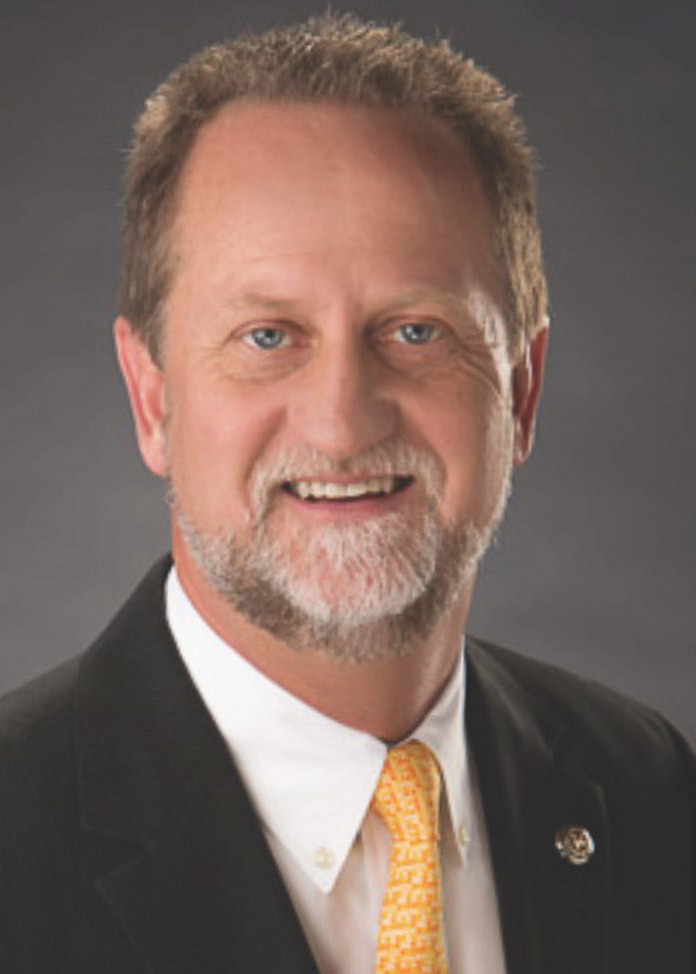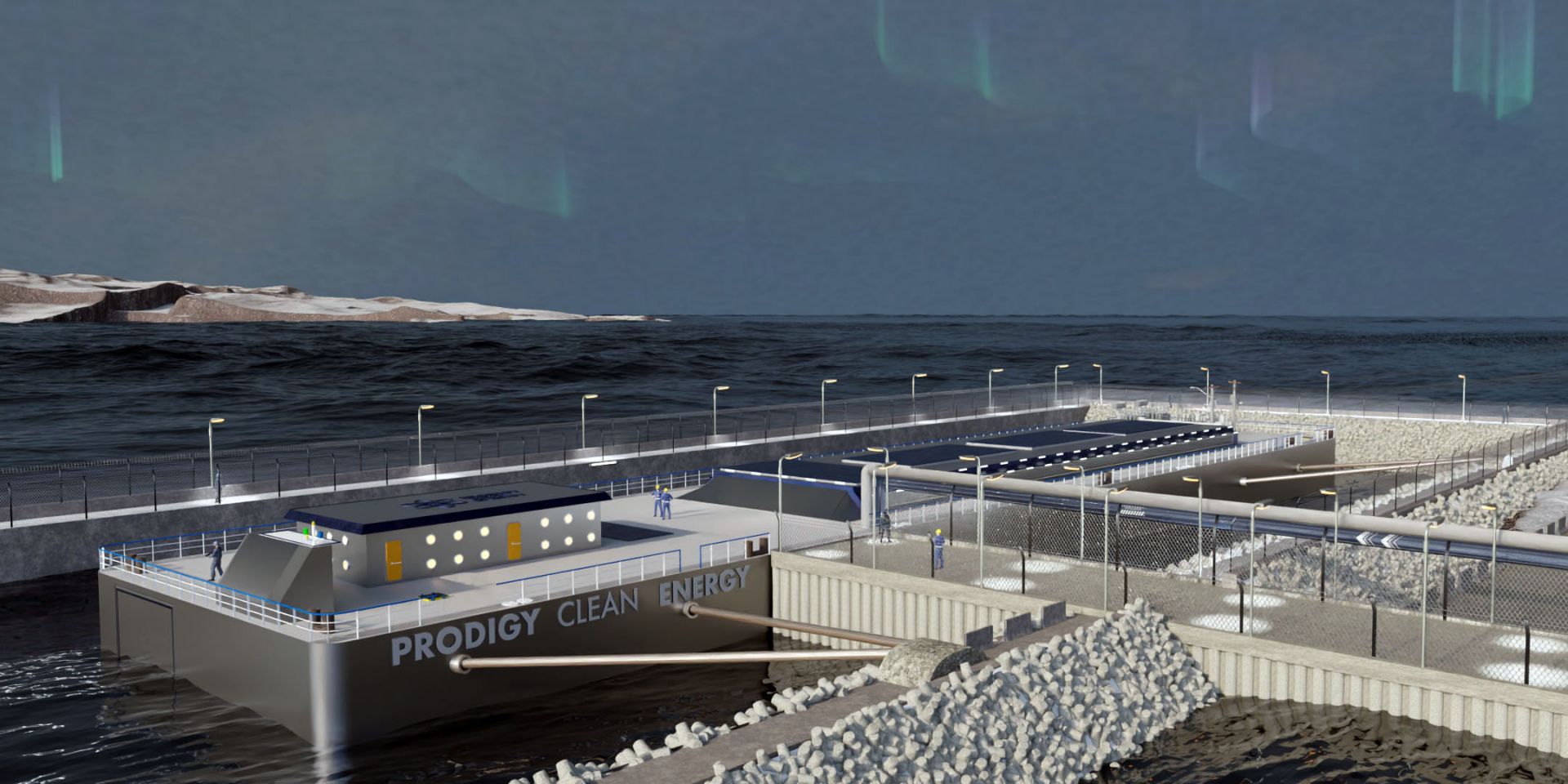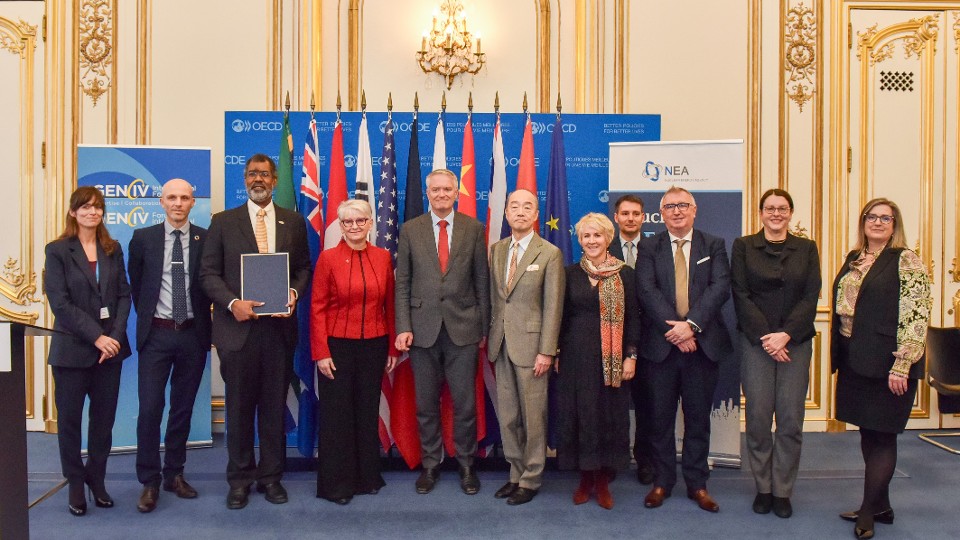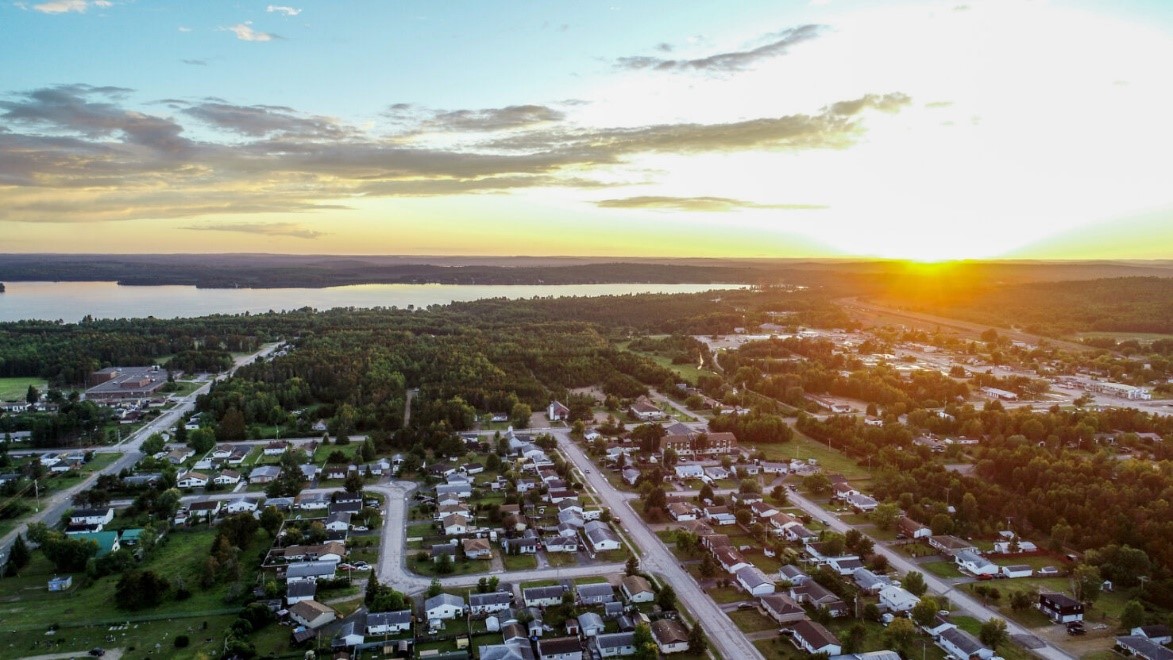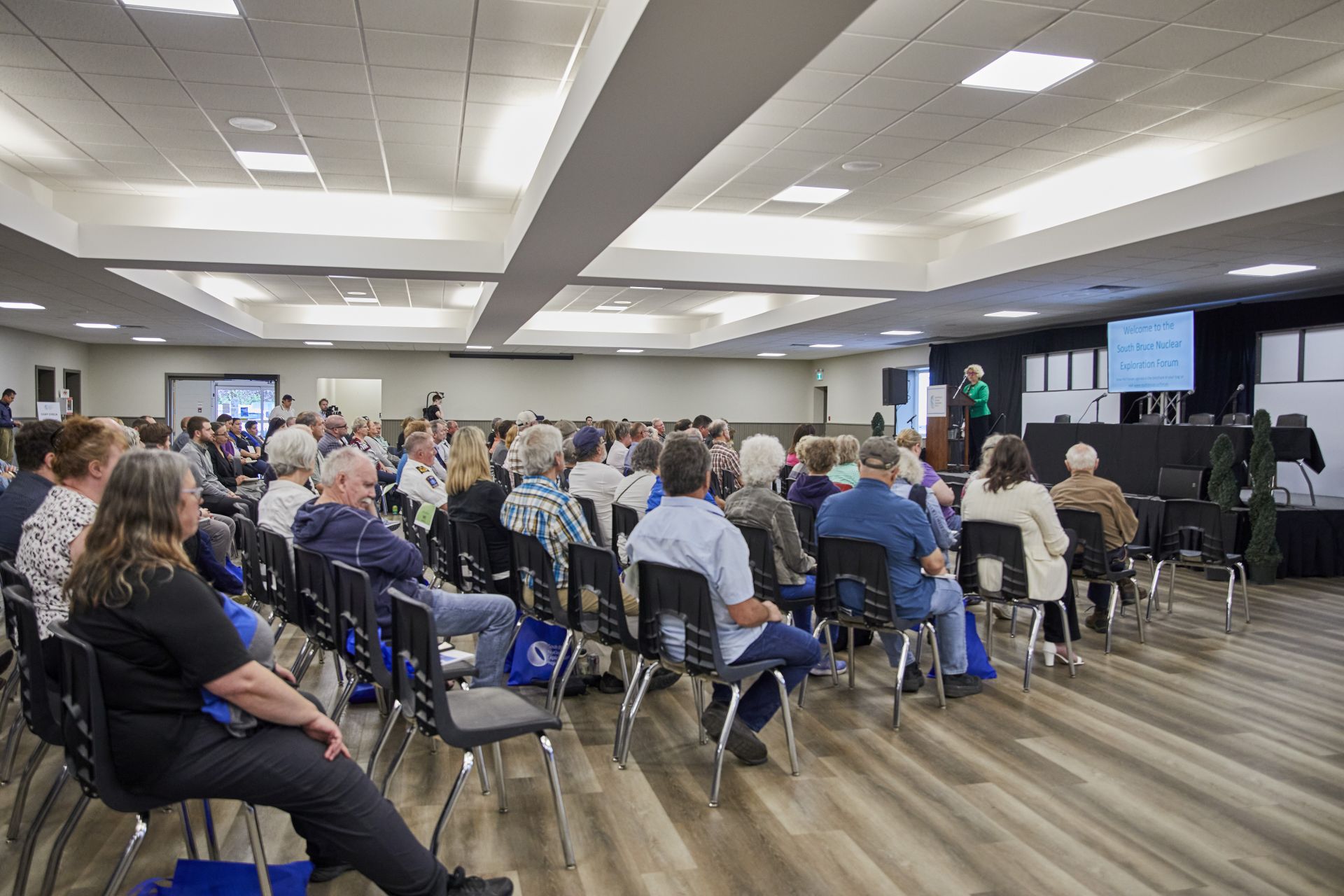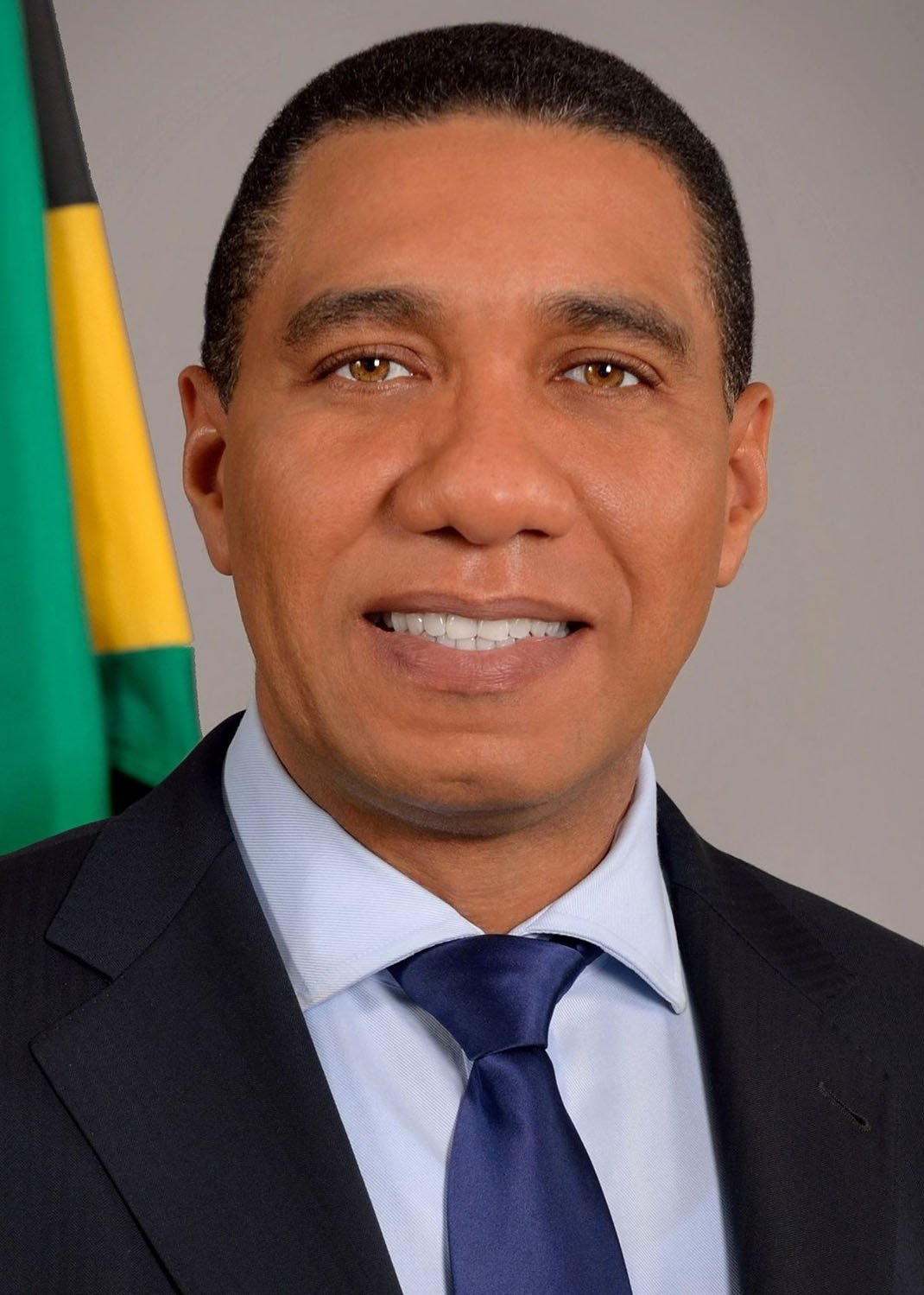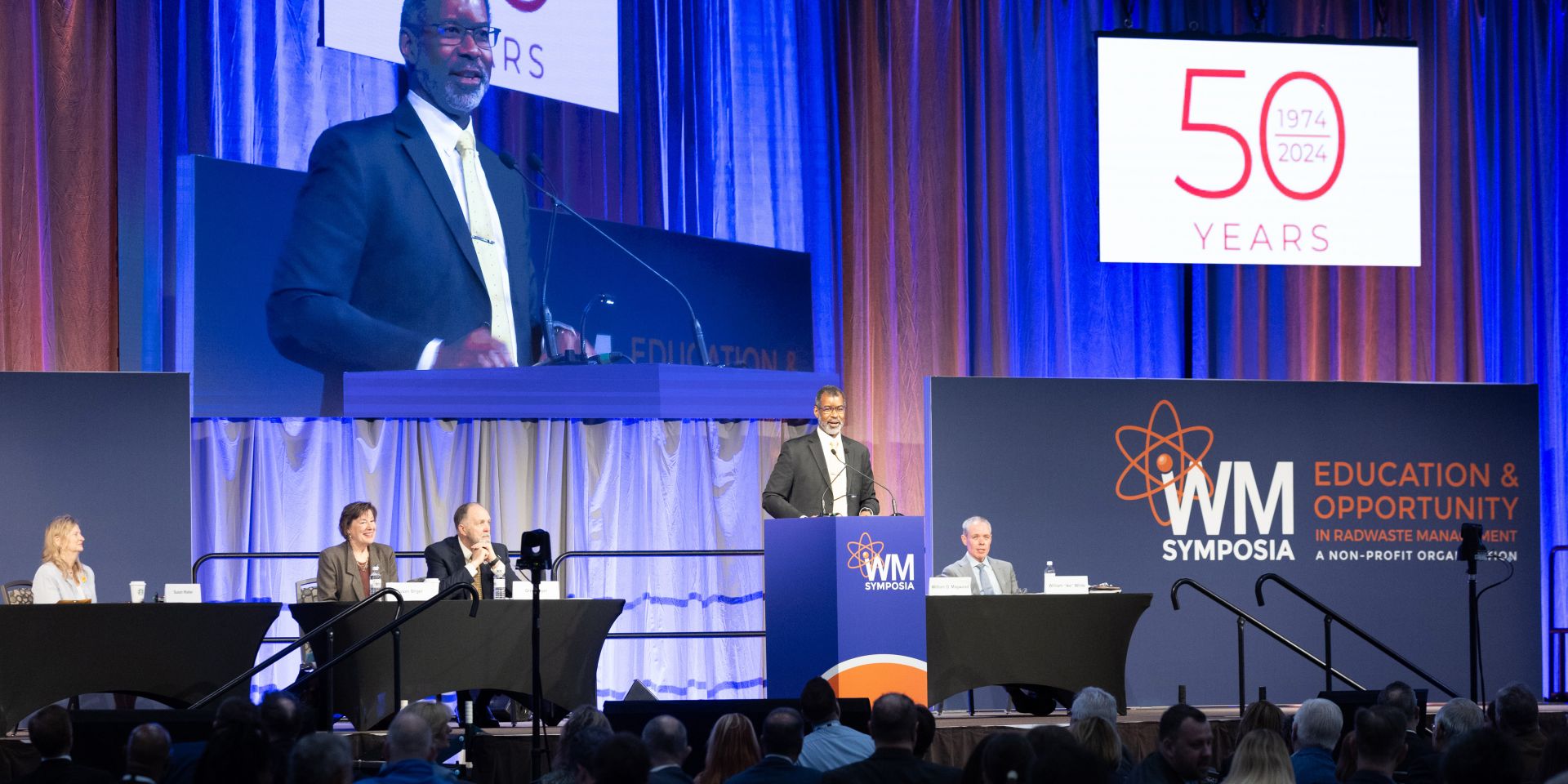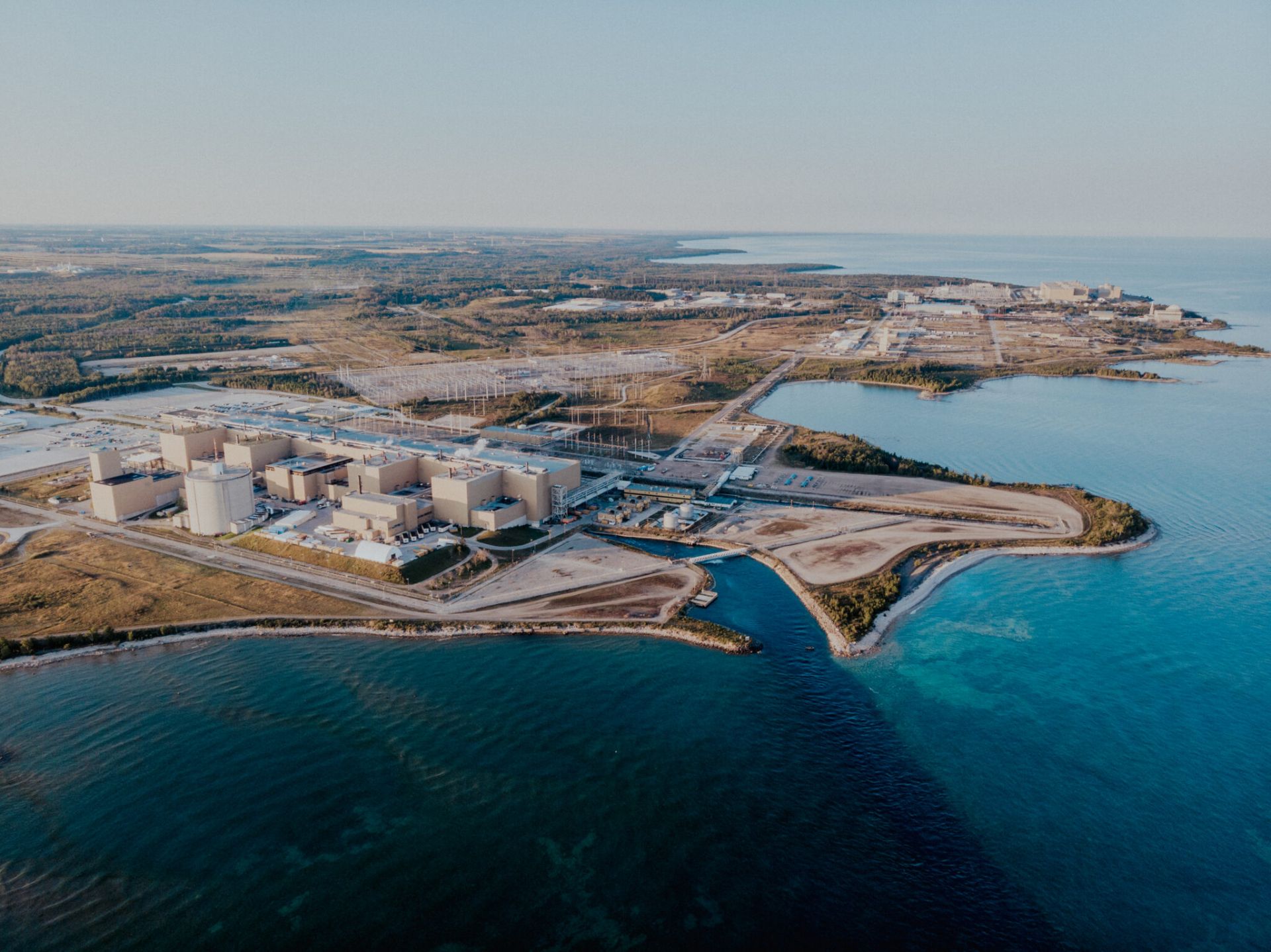UNITY-2 fuel cycle test facility. (Image: FFC)
San Diego, Calif.–based General Atomics has announced a $20 million, 10-year strategic investment in Canada’s Fusion Fuel Cycles Inc. (FFC), a joint venture between Canadian Nuclear Laboratories and Japan’s Kyoto Fusioneering. The investment will help accelerate the development of FFC’s flagship project, the Unique Integrated Testing Facility (UNITY-2), a deuterium-tritium fuel cycle test facility located at CNL’s Chalk River Laboratories.
This Oak Brook, Ill., location will be a demonstration and office facility for Nano Nuclear’s Kronos MMR project. (Photo: Nano Nuclear)
The NWMO has launched a two-year engagement process as it begins plans for a second deep geological repository to manage radioactive waste in Canada. (Photo: NWMO)
The Nuclear Waste Management Organization, which is mandated by law to develop an approach for the long-term care of Canada’s spent nuclear fuel, has begun collecting feedback from Canadians and Indigenous people to help refine its process for selecting a second deep geologic repository site.
Darlington nuclear power plant in Clarington, Ontario. (Photo: OPG)
The Canadian Nuclear Safety Commission has amended Ontario Power Generation’s power reactor operating license for Darlington nuclear power plant to authorize the production of the medical radioisotopes lutetium-177 and yttrium-90.
A rendering of the Clinch River SMR. (Image: TVA)
The Tennessee Valley Authority announced yesterday that it has submitted a construction permit application to the Nuclear Regulatory Commission for the construction of a GE Vernova Hitachi Nuclear Energy BWRX-300 small modular reactor at the Clinch River nuclear site in Oak Ridge, Tenn.
NWMO vice president and chief engineer Chris Boyle addresses vendors at the NWMO’s Discovery and Demonstration Center. (Photo: NWMO)
Canada’s Nuclear Waste Management Organization has selected five companies it is to work with to design and plan the organization’s proposed deep geologic repository for spent nuclear fuel. As the owner of the project, the NWMO will be working with WSP Canada, Peter Kiewit Sons (Kiewit), Hatch Ltd., Thyssen Mining Construction of Canada, and Kinectrics.
The Darlington New Nuclear Project site, future home of the first BWRX-300 SMR. (Photo: OPG)
Ontario Power Generation GE Vernova Hitachi Nuclear Energy announced May 8 that Ontario authorities have approved construction plans for the first of four BWRX-300 small modular reactors at the Darlington New Nuclear Project site on Lake Ontario, less than 50 miles east of Toronto, Canada. The first new nuclear construction project in Ontario in more than three decades is also the first SMR construction project in North America.
Conceptual illustration of a Prodigy Microreactor Power Station TNPP. (Image: Prodigy Clean Energy)
Prodigy Clean Energy and Lloyd’s Register have announced a collaboration to support the deployment of Prodigy’s “transportable nuclear power plants” (TNPPs) in Canada by 2030. Prodigy’s goal is to build marine-based nuclear power plants that are compatible with different end uses and reactor suppliers. What the plants would have in common is offshore siting close to an end user, which could include offshore oil and gas platforms, commercial seaports, mining operations, remote communities, and desalination plants.
William D. Magwood IV, director general of the OCED NEA, holds the framework agreement for the Generation IV International Forum. Magwood is joined by others who attended the agreement’s signing ceremony. (Photo: OECD NEA)
Work will support Pickering life extension and Darlington SMRs
The Pickering nuclear power plant in Canada. (Photo: OPG)
Ontario Power Generation announced this week new contracts with BWXT Canada worth more than C$1 billion ($695.4 million) for projects at the Pickering and Darlington nuclear power plants.
An aerial picture of Ignace, Ontario. (Photo: NWMO)
While the United States was celebrating Thanksgiving Day, Canada’s Nuclear Waste Management Organization (NWMO) announced that it has selected a site in northwestern Ontario for a deep geologic repository to hold the country’s spent nuclear fuel
Wabigoon Lake Ojibway Nation indicated its willingness to host a geologic repository in northwestern Ontario. (Photo: NWMO)
Canada’s Nuclear Waste Management Organization (NWMO) announced that Wabigoon Lake Ojibway Nation has indicated its willingness to support moving forward to the next phase of the site selection process to host a deep geological repository for Canada’s spent nuclear fuel.
The municipality of South Bruce announces the unofficial results of the referendum to determine if South Bruce would be a willing host for a proposed deep geological repository. (Photo: NWMO)
The municipality of South Bruce, located near the Bruce nuclear power plant in southwestern Ontario, voted narrowly in favor of being a willing host to a potential deep geologic repository for Canada’s spent nuclear fuel. The official declaration of results from the municipality showed that 51 percent of South Bruce residents voted in favor of the referendum, with 1,604 voting "yes" and 1,526 voting "no." Voter participation was 69 percent, surpassing the 50 percent voter turnout required to make the vote binding by law.
The OECD Nuclear Energy Agency’s William Magwood addresses the plenary audience of the 2024 Waste Management Conference in Phoenix. (Photo: WM Symposia)
Waste Management Symposia announced that the theme of next year’s Waste Management Conference (WM2025) will be “Empowering A Sustainable Future—Advanced Technologies, AI, and Workforce Development across the Nuclear Landscape.” To be held in Phoenix, Ariz., March 9–13, the conference will showcase how new technologies and the evolving digital world are transforming the global nuclear landscape, supply chains, infrastructure, and work norms.
The Bruce site currently hosts eight CANDU reactors. (Photo: Bruce Power)
As Bruce Power continues predevelopment work, public input is being sought on the potential Bruce C nuclear power expansion project in Ontario.
Bruce Power recently submitted its initial project description to the Impact Assessment Agency of Canada for an expansion that would add up to 4,800 MWe. Earlier this year, the Canadian government announced up to C$50 million ($36.8 million) in funding for the Bruce C project, which would be Canada’s first major expansion of a large nuclear plant in decades.



